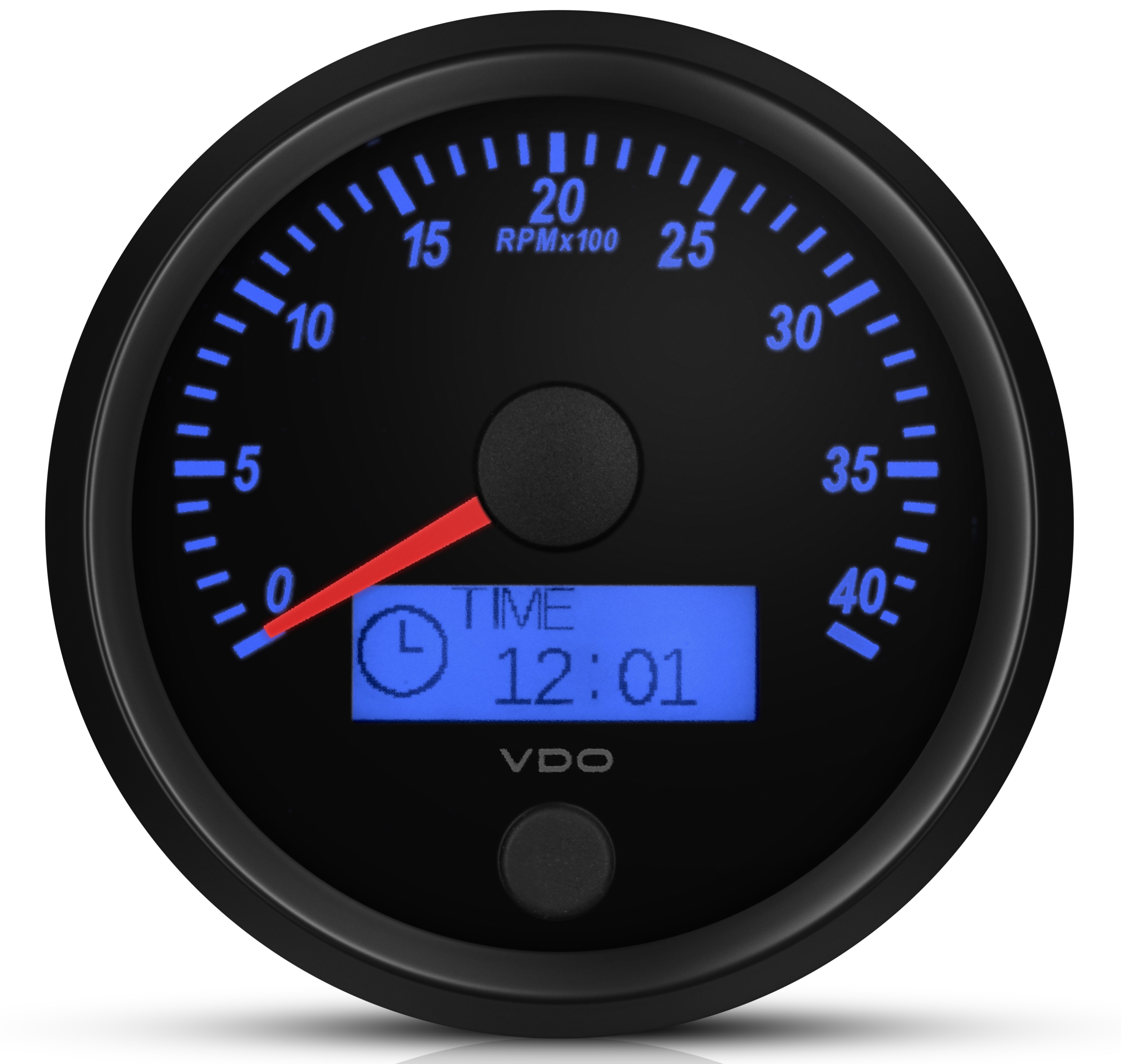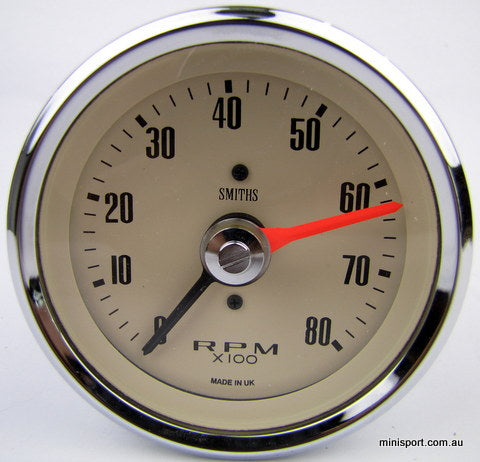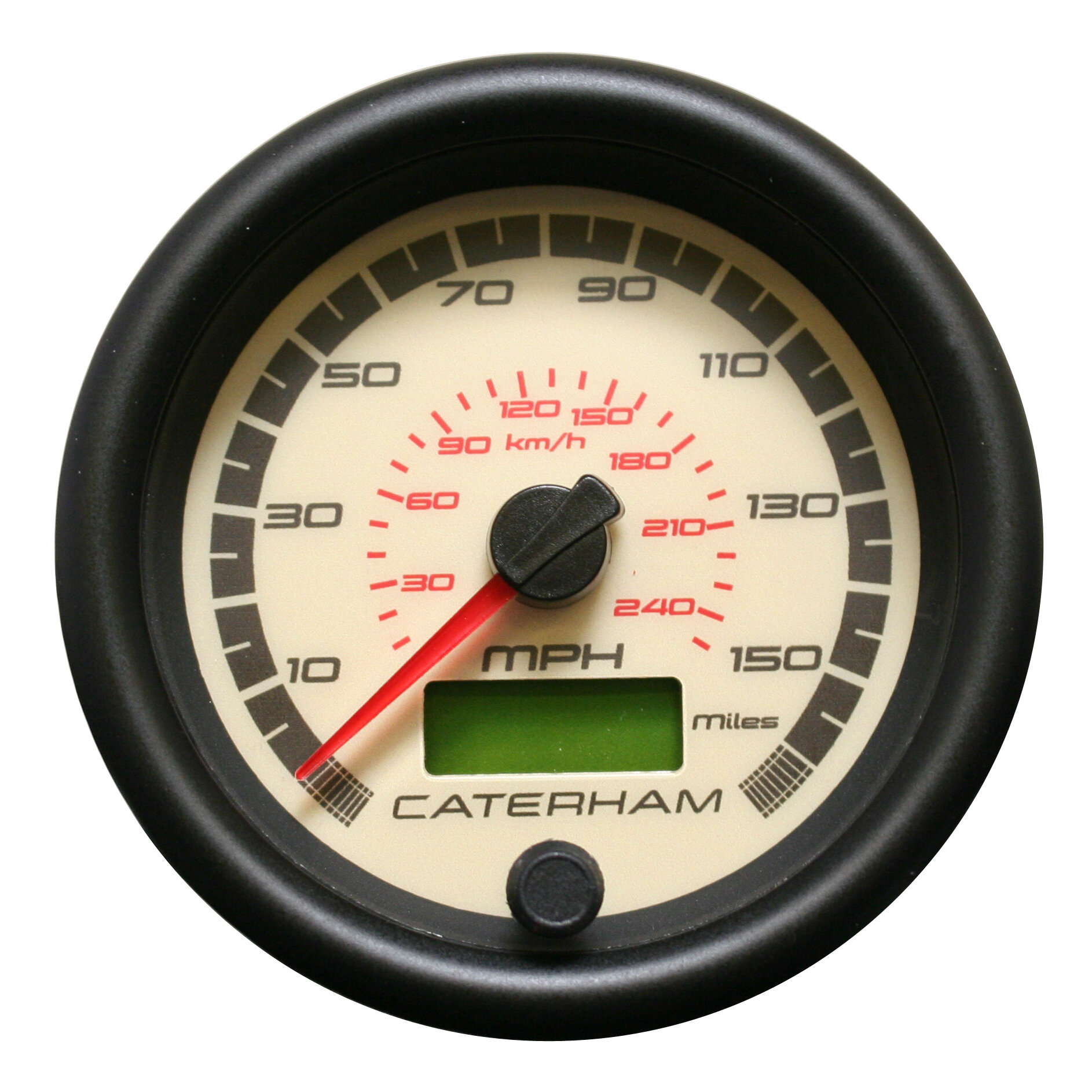Tachometer Buying Overview: Attributes to Seek and Ideal Brand names
Tachometer Buying Overview: Attributes to Seek and Ideal Brand names
Blog Article
The Importance of a Tachometer in Monitoring Engine Rate and Efficiency in Automotive Applications
In the realm of automotive design, the tachometer stands as a pivotal tool in the driver's collection, offering a straight window into the internal workings of a lorry's engine. Beyond its feature as a mere scale of revolutions per minute (RPM), the tachometer offers as an important device for enthusiasts and experts alike, providing real-time understandings into engine efficiency and wellness. Understanding the relevance of this tool surpasses surface-level monitorings, diving into the elaborate partnership in between engine speed, power output, and general driving experience. As we discover the complex role of the tachometer in automobile applications, a much deeper recognition for its effect on automobile characteristics and performance starts to arise.
Value of Keeping An Eye On Engine RPM
Monitoring engine RPM, or transformations per minute, is a critical facet of automobile upkeep and efficiency evaluation. Engine RPM straight correlates with the rate at which the engine's crankshaft turns, indicating just how rapidly the engine is running.
Additionally, monitoring engine RPM is essential for performance examination in auto racing and high-performance lorries. In recap, keeping an eye on engine RPM is not just important for identifying issues yet additionally for enhancing engine efficiency in numerous automotive applications.

Benefits of Real-Time Data
In automotive applications, real-time information plays a crucial function in giving instant insights into the efficiency and condition of the car. By constantly checking numerous criteria such as engine rate, temperature level, fuel usage, and much more, real-time data provides various benefits that add to boosted performance and safety and security when traveling.
One substantial benefit of real-time information is its capability to alert vehicle drivers and technicians to any kind of abnormalities or problems immediately. This positive method enables fast recognition of possible troubles, enabling for timely treatments to avoid more damage or breakdowns. Furthermore, real-time data promotes efficiency optimization by offering prompt responses on driving practices and engine efficiency. Motorists can adjust their actions in real-time based upon this information to attain much better fuel economic situation and lengthen the life expectancy of their car.

Moreover, real-time information plays a vital function in modern-day vehicle diagnostics, enabling professionals to rapidly detect and address malfunctions. This brings about decreased downtime, reduced maintenance expenses, and inevitably, improved general lorry reliability and durability (tachometer). By harnessing the power of real-time data, vehicle stakeholders can make enlightened decisions that positively affect both the efficiency and long life of the vehicle
Effect on Gear Shifts
Effective equipment changes in automotive applications substantially affect total efficiency and driving experience. The tachometer plays a critical role in optimizing gear shifts by offering real-time engine speed data to the motorist. When coming close to the redline on the tachometer, it signifies the chauffeur to upshift to stop over-revving the engine and creating prospective damage. On the various other hand, downshifting at the appropriate moment can help keep the engine in its power band, making sure responsive velocity when required.
In addition, the tachometer help in accomplishing smoother gear transitions, particularly in hand-operated transmissions. By checking engine rate, motorists can perform gear changes at the ideal RPM variety, decreasing jerking activities and lessening wear on the transmission components. This accuracy on duty changes not just boosts driving comfort but additionally adds to fuel performance.
Enhancing Gas Efficiency
Offered the important function the tachometer plays in optimizing equipment shifts for efficiency and engine health and wellness, it directly adds to making best use of gas efficiency in description auto applications. By offering real-time responses on engine speed, the tachometer assists motorists in maintaining one of the most efficient RPM array for fuel economic situation. When motorists consistently check the tachometer and adjust their motoring habits as necessary, they can avoid unneeded gas usage created by over-revving or lugging the engine.
In addition, the tachometer helps vehicle drivers identify one of the most fuel-efficient equipment to be in at any provided minute, avoiding the engine from functioning harder than needed. This is particularly important throughout acceleration and cruising, where remaining in the appropriate gear can substantially influence fuel effectiveness. In addition, the tachometer can alert motorists to possible mechanical issues that might be adversely influencing gas economy, such as a slipping clutch or a stopped up air filter. Finally, the tachometer offers as a valuable tool in improving gas performance by advertising optimum driving habits and identifying areas for enhancement in the automobile's efficiency.

Taking Full Advantage Of Engine Durability
The tachometer's function in keeping track of engine speed and efficiency contributes in making certain the durability of automobile engines. By utilizing the tachometer effectively, vehicle drivers can maximize engine durability through conscious RPM administration. special info Regularly revving an engine too expensive can bring about extreme deterioration on crucial parts, such as the pistons, shutoffs, and bearings. In time, this can cause reduced engine performance and possible malfunctions. Monitoring the tachometer permits chauffeurs to remain within the recommended RPM array for their car, preventing unneeded strain on the engine and expanding its life expectancy.

Conclusion
To conclude, the tachometer plays an essential duty in checking engine rate and efficiency in auto applications. By offering real-time data on RPM, it enables efficient gear shifts, improved fuel efficiency, and taken full advantage i thought about this of engine durability. This tool is crucial for preserving optimum engine performance and making sure the overall performance of a vehicle.
Report this page